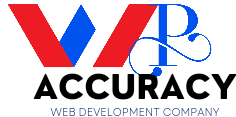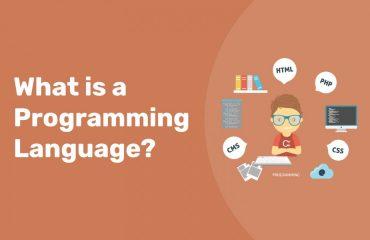JavaScript objects are one of the fundamental data types in the language, and are used extensively in web development. They allow developers to store and organize related data and functions, and can be created and manipulated dynamically at runtime.
In JavaScript, an object is essentially a collection of key-value pairs, where the keys are strings that identify the values. Objects can store data of different types, including strings, numbers, booleans, arrays, and even other objects. Functions can also be stored as properties of an object, making it possible to define custom methods that operate on the object’s data.
Objects in JavaScript are created using either the object literal syntax or the constructor syntax. The object literal syntax involves enclosing the key-value pairs within curly braces, like this:
let myObject = {
name: "John",
age: 30,
isStudent: true
};
The constructor syntax involves using the new keyword and calling the Object constructor, like this:
let myObject = new Object();
myObject.name = "John";
myObject.age = 30;
myObject.isStudent = true;
Once an object has been created, its properties can be accessed using either dot notation or bracket notation. Dot notation involves specifying the property name directly after the object name, like this:
let name = myObject.name;
Bracket notation involves specifying the property name as a string inside square brackets, like this:
let age = myObject["age"];
Objects in JavaScript can also be iterated over using a for...in loop, which iterates over each key in the object and allows you to access its value.
for (let key in myObject) {
console.log(key + ": " + myObject[key]);
}
Overall, JavaScript objects are a powerful and flexible data type that are essential to building dynamic, interactive web applications.





